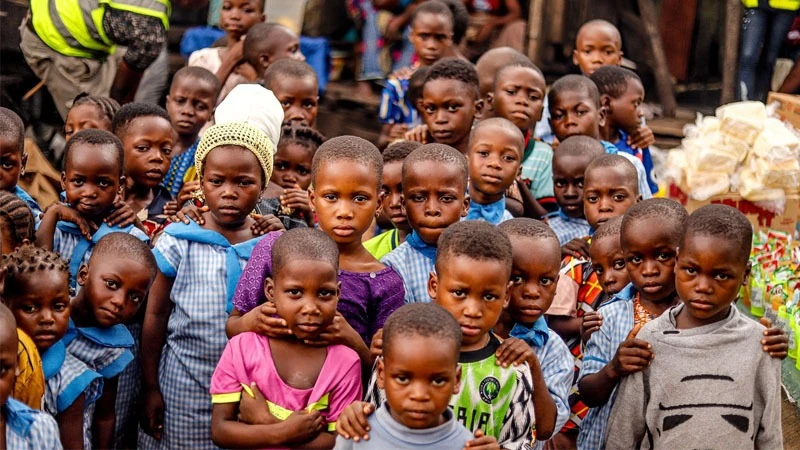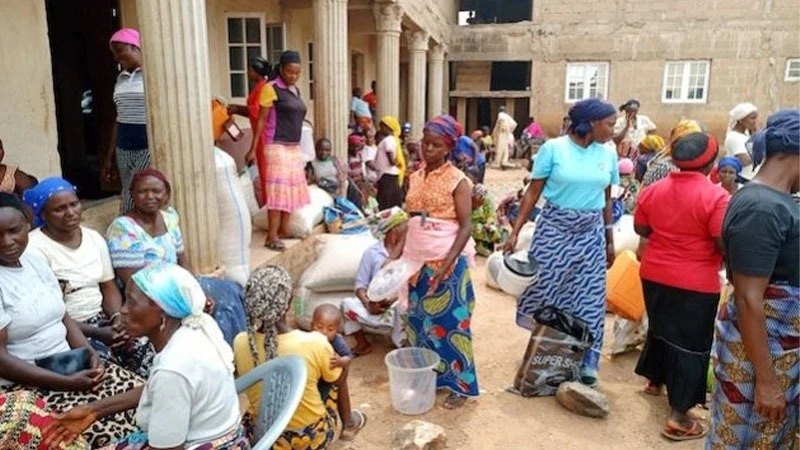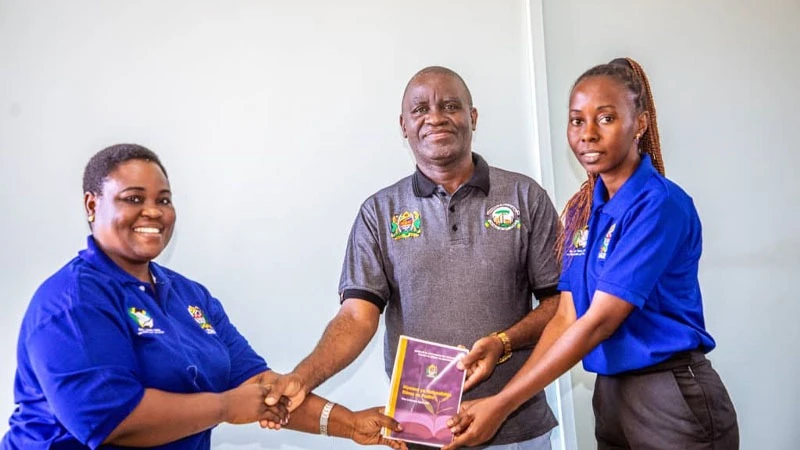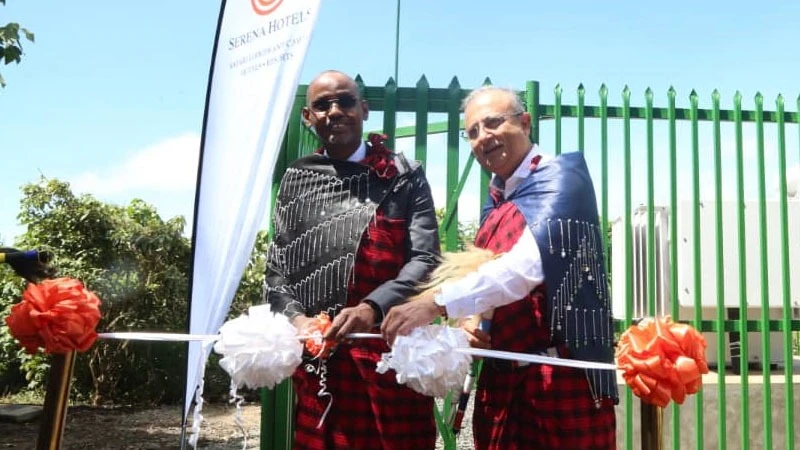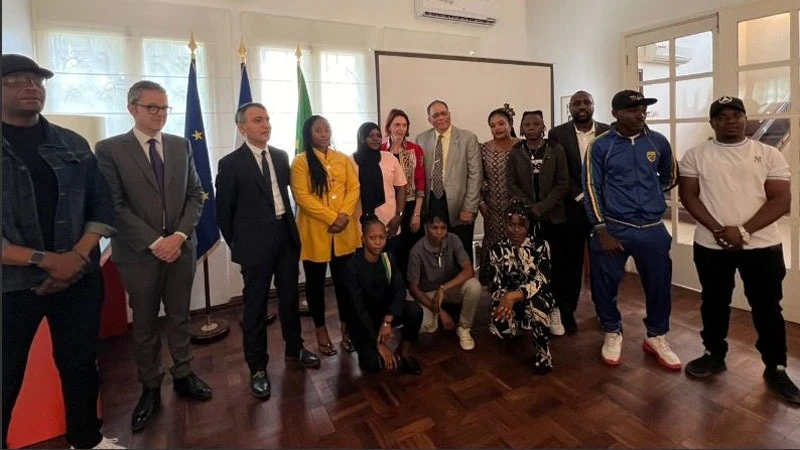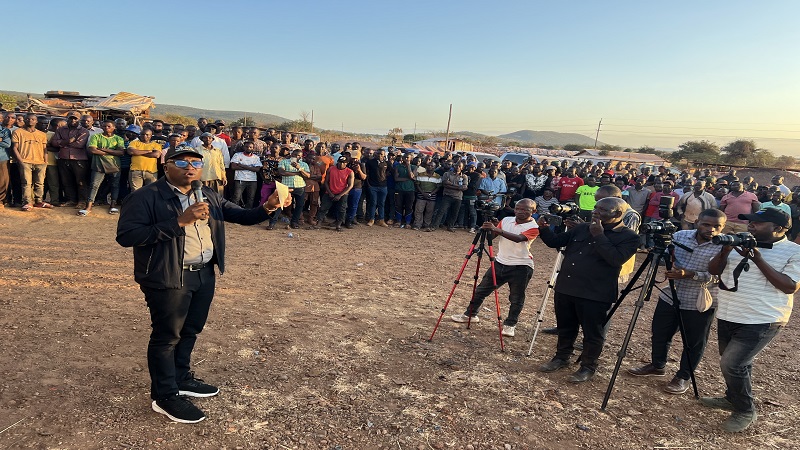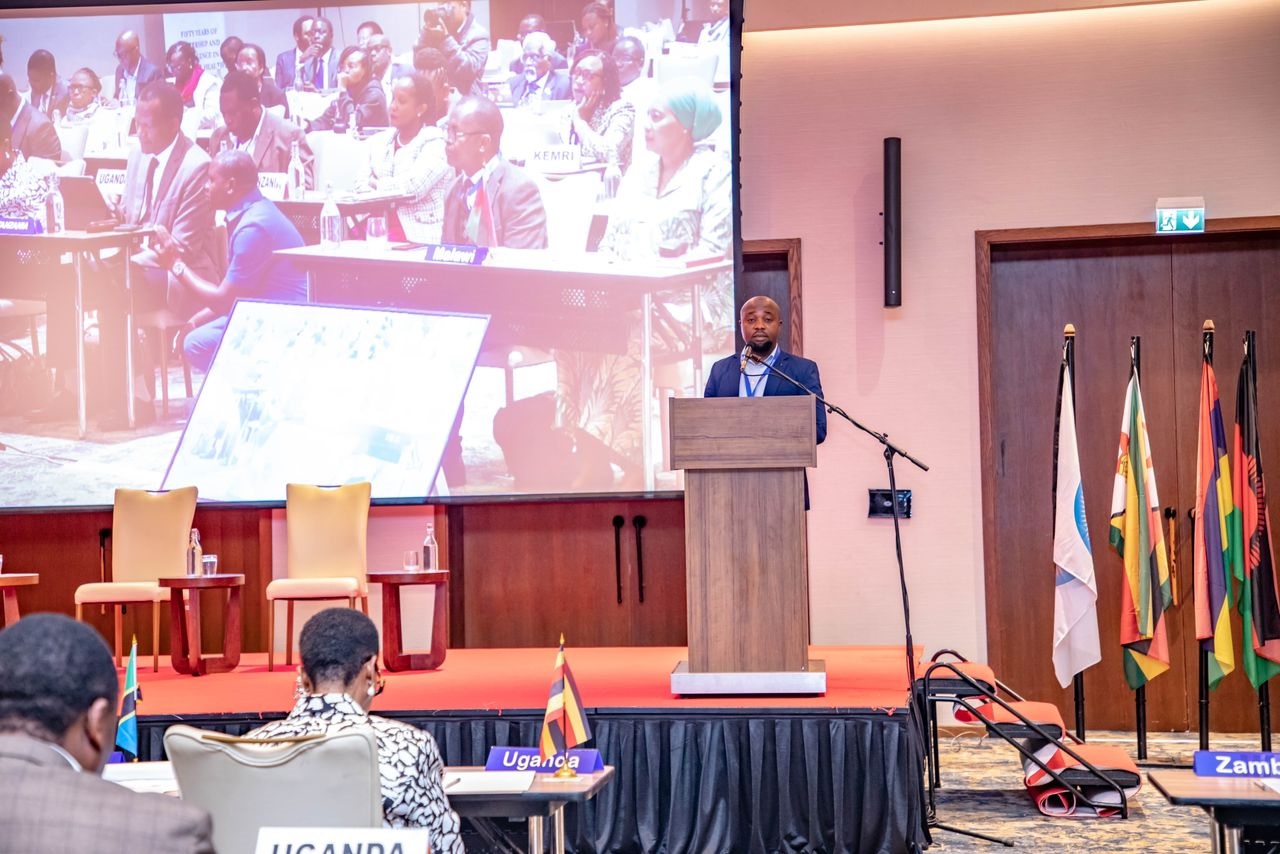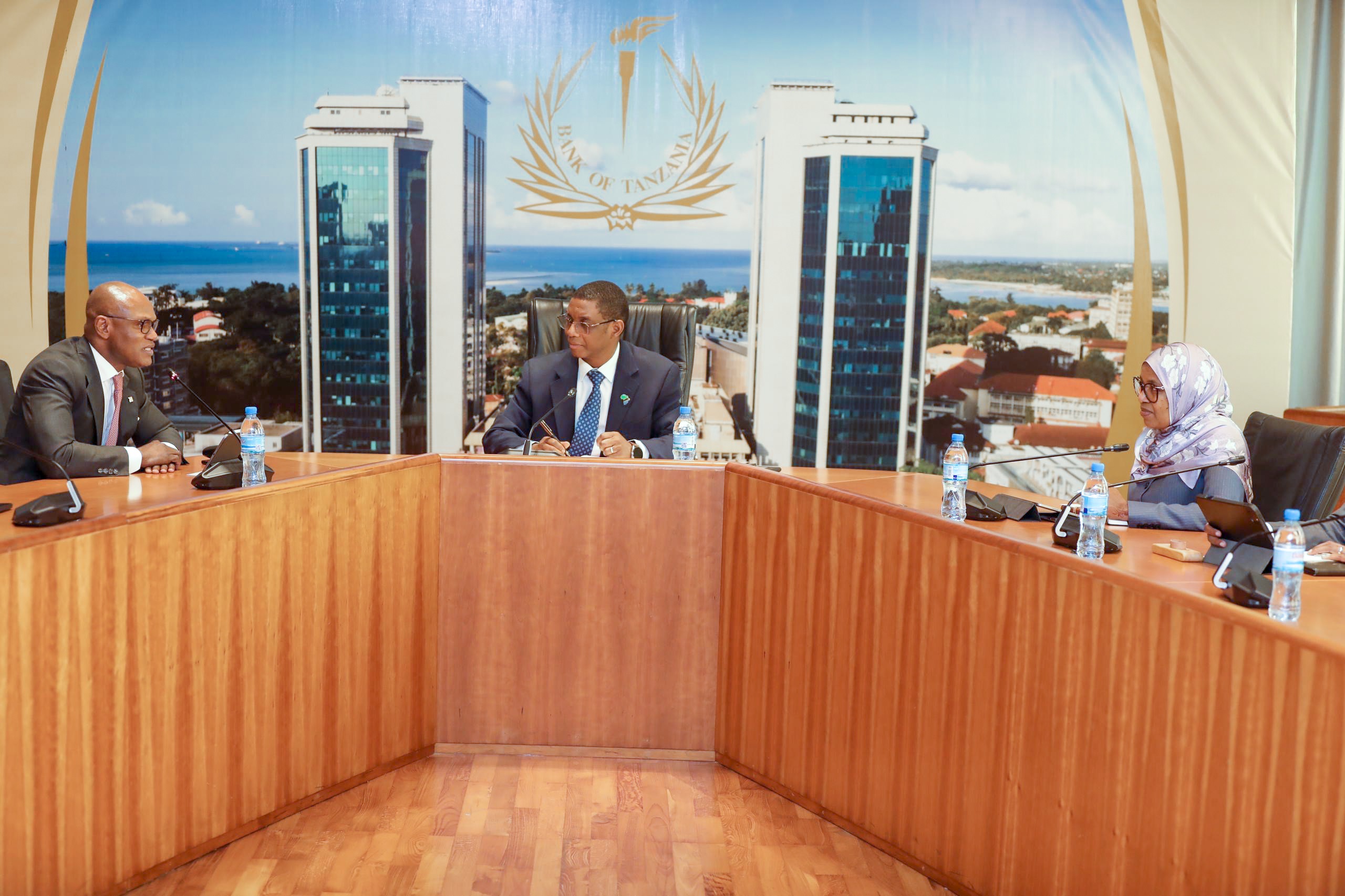New charcoal technology to save forests in Morogoro Region
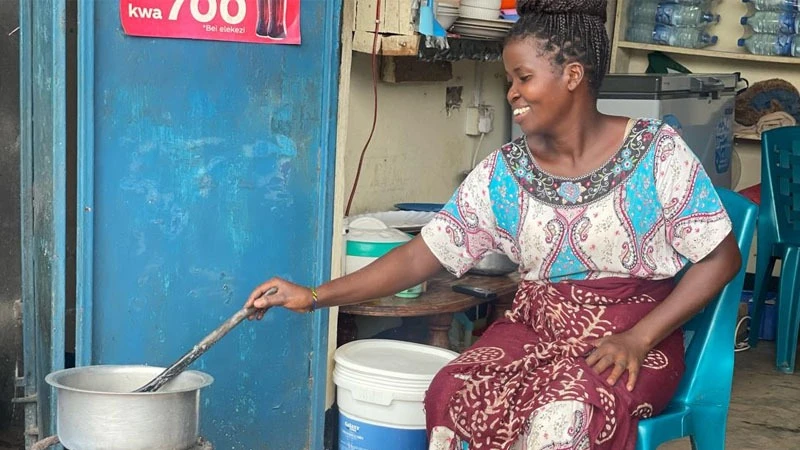
IN Morogoro Region, a quiet revolution is taking place that holds the key to restoring the region’s forest cover which is at risk of disappearing at an alarming rate due to deforestation.
For many years, deforestation mostly caused by careless felling down of trees for charcoal and firewood has put the region at risk of turning into a desert while diminishing its natural vegetation and scenic beauty.
In the last 22 years, Morogoro Region has lost 10 percent of its original forest cover while restoration efforts stand at only 66 hectares per year.
The rate of forest regeneration in Morogoro is slow at 18 percent compared to the rate of deforestation which is at 81 percent, according to data from Helvetas Tanzania—an organization that has come up with a new project on an integrated approach to cooking solutions aimed at improving the livelihoods of rural women and men through a sustainable wood fuel value chain with more efficient energy supply and increased income generation opportunities, while reducing deforestation and mitigating adverse effects of climate change.
The three years project—Sustainable Forest Management and Renewable Energy through Inclusive Community Empowerment (USEMINI) with funding from the European Union (EU) to the tune of 2.222 -million euros, aims to facilitate and support communities in the rural districts of Mvomero, Morogoro DC, Ulanga and Malinyi in Morogoro Region. It aims to strengthen sustainable forest management and wood fuel production in an inclusive and market-oriented manner.
Helvetas Tanzania is jointly implementing the project in collaboration with Community Development and Relief Trust (CODERT) and Community Forest Conservation Network of Tanzania (MJUMITA).
The three NGOs have taken on the challenge of addressing critical issues of clean cooking energy management in rural households and the results are life changing.
Apart from educating villagers on sustainable forest management, the project also complements government efforts to save Morogoro’s forest from deforestation.
Data shows that the region loses 400 hectares of forests annually while the country is losing 469,000 hectares of forest per year, the number which is high compared to 300,000 hectares that were lost annually in the 1990s.
Africa’s net forest loss exceeded 4 million hectares per year between 2000 and 2005 and approximately 3.9 million ha annually between 2010 and 2020, according to a 2020 report by the Food and Agriculture Organization of the United Nations (FAO). The global forest loss between 2015 and 2020 was 10 million hectares per year with a net forest loss of 7 million hectares per year from 2010 to 2020.
Daniel Kalimbiya, Director at Helvetas Tanzania told The Guardian that the project will help to coordinate efforts among stakeholders on reducing climate change effects. It is also expected to promote inclusive sustainable forest management and wood fuel production.
During the period, targeted communities will be trained on land use planning and sustainable forest management, agroforestry, conservation, agriculture, entrepreneurship development and business planning including commercialization of sustainable alternative charcoal and other forest-based products, Kalimbiya said, adding it will benefit 2,000 households with 10,000 people in 70 villages in the four districts.
He said the project will build the capacity of villagers on sustainable forest management, proper land use management and use of alternative energy. It will see more than one million trees planted to restore lost biodiversity in areas that have been destroyed by environmental degradation.
Statistics from the Ministry of Energy shows that 33,000 people die annually due to use of dirty energy in cooking.
Margret Ernest from Mikese Ward in Morogoro, who is one of the beneficiaries of the alternative charcoal programme, said the project has brought change to her business including reduced operation costs.
“I used to spend between 7,000/- and 8,000/- to purchase charcoal every day; but now I only use 2,000/- to buy alternative charcoal that I use for cooking the whole day," she said.
Morogoro Regional Commissioner, Adam Malima said in complimenting the initiative, his office is implementing a programme to plant spices and fruit trees as part of efforts to restore forest cover as well as enable people to generate an income.
Malima said: “There is a need for the general public to be given education on the use of alternative charcoal to save trees.”,” he said.
The impact of the project's initiative goes far beyond individual experiences with Rosemary Nicholaus, another beneficiary at Mikese ward, saying she has seen a remarkable change in her business.
“After being educated on the importance of using alternative charcoal, operational costs have decreased. I used to spend 9,000/- on regular charcoal to cook for the whole day but now I spend less than 3,000/-,” she said.
Deforestation challenges facing Morogoro region are not unique. Across Tanzania and much of the developing world, deforestation for charcoal remains a serious problem threatening lives, shrouded by poor access to clean cooking solutions.
According to the Global Forest Watch, in 2010, Morogoro Rural had 560 hectares of tree cover extending over 45 percent of its land area. In 2023, it lost 1.96 hectares of tree cover, equivalent to 699 kt of carbon emissions.
Top Headlines
© 2024 IPPMEDIA.COM. ALL RIGHTS RESERVED











